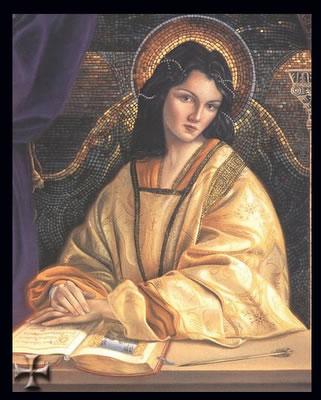The writers Plutarch and another man named Diogenes (Diogenes Laertus) are the primary sources for his life. They tell the story of a man who willing lived homeless sleeping inside of a large ceramic jar. He lived his life much like that of a dog. He begged, ate scraps, rarely bathed, made no fuss of where to sleep and even relieved himself in public. According to the story, one time someone referred to him as a dog and so he played "a dog's trick" and urinated on his assaulter. As you can see the name dog in his title was aptly given. Diogenes however, instead of taking this as an insult made it part of his persona and began building up the virtues of the dog. The writer Donald Dudley says it this way:
"There are four reasons why the Cynics are so named. First because of the indifference of their way of life, for they make a cult of indifference and, like dogs, eat, go barefoot, and sleep in tubs and at crossroads. The second reason is that the dog is a shameless animal, and they make a cult of shamelessness, not as being beneath modesty, but as superior to it. The third reason is that the dog is a good guard, and they guard the tenets of their philosophy. The fourth reason is that the dog is a discriminating animal which can distinguish between its friends and enemies. So do they recognize as friends those who are suited to philosophy, and receive them kindly, while those unfitted they drive away, like dogs, by barking at them"
Yes, you read that right, if they deemed you unfit to be there the Cynics would BARK at you! Is it really surprising however, that a school founded by a wildly eccentric character would found an eccentric school? Probably the most famous story of Diogenes is that while he lived in the city of Corinth he would walk the streets...during the daytime.....and when asked why, he would say he was looking for an honest man. Ouch! Well, maybe Corinth wasn't known for being the most well-reputed city in Greece, but still. Come on Diogenes! Don't kick a city full of men when they are down!
 |
| Diogenes was well known throughout Greece for his mad German Spotlight skills as seen above! |
Finally for the witty moment of the day. Next time someone accuses you of being a cynic, tell them if you were a true cynic you would be peeing on their shoes!
-Jason
